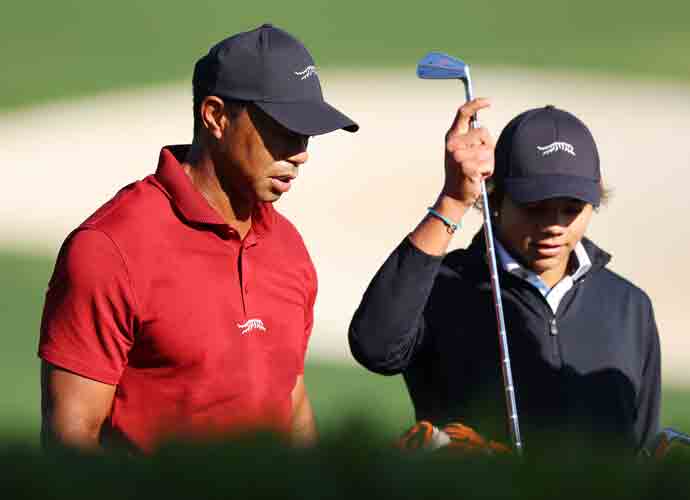Ukraine’s Culture Minister Outraged At ‘Emily in Paris’ Over “Insulting” Stereotypes
Ukraine’s culture minister Oleksander Tkachenko has issued a stern letter to Netflix over its offensive stereotypical portrayal of a Ukrainian character in its hit show Emily in Paris.
Tkachenko wrote his letter in a Telegram post and said, “We have a caricature image of a Ukrainian woman that is unacceptable. It is also insulting. Is that how Ukrainians are seen-abroad?”
@netflix will you be issuing an apology for a caricature of a Ukrainian woman in #EmilyInParis2? Firstly, nobody’s called Petra in Ukraine; secondly, aren’t you supposed to be fighting the stereotypes and not maintaining them?
— kate pavlenko (@MeDelilah) December 25, 2021
Ukrainian media have confirmed that he sent a letter to the streaming giant to complain about the portrayal of Petra, played by actress Daria Panchenko, a classmate in Emily’s (played by Lily Collins) French class, who shoplifts while the two shopped and has bad fashion sense – a sin in one of the fashion capitals of the world.
Emily in Paris is about an American marketing executive who moves to Paris for business and quickly becomes an influencer despite feeling like an outcast in the city.
The show has been called out before regarding their depiction of characters, specifically stereotyping French characters and actions like chain-smoking in the first season.
The Guardian reviewed the show’s debut and declared it “astonishingly tone-deaf,” adding, “you name a stereotype, within the first three episodes, Emily has not only encountered it, but tried to rectify it, to adjust it to the American way.”
French critic Charles Martin, who writes for Première, was irate.
“Frankly, watching Emily in Paris there’s plenty to feel insulted about. When they decided to caricature us, the authors didn’t hold back… no cliché is spared, not even the weakest.”
Collins touched on the topic in an interview with Elle UK in December, and declared that the show was seeking to be more cautious in portraying their characters in the second season, making it “more inclusive and diverse.”
“For me as Emily, but also as a producer, after season one, hearing people’s thoughts, concerns, questions, likes, dislikes, just feelings about it, there were certain things that spoke to the time that we’re living in and what is right, moral and correct and should be done. I wanted diversity and inclusion in front of and behind the camera to be something that we really focus on,” Collins said.
The second season aired in late December and is currently in the top 10-most viewed shows on the platform.
@netflix #EmilyInParis2 are you even serious?! Your 4th episod looks like a pathetic, vulgar attempt to humiliate and denigrate Ukrainian women. Most importantly, you are doing this at a time when Ukraine is in a state of hybrid war. In fact, dear Netflix, by publishing such a
— мовний матріархат (@i_kanhfeto4ek) December 24, 2021
RELATED ARTICLES
Get the most-revealing celebrity conversations with the uInterview podcast!









Leave a comment